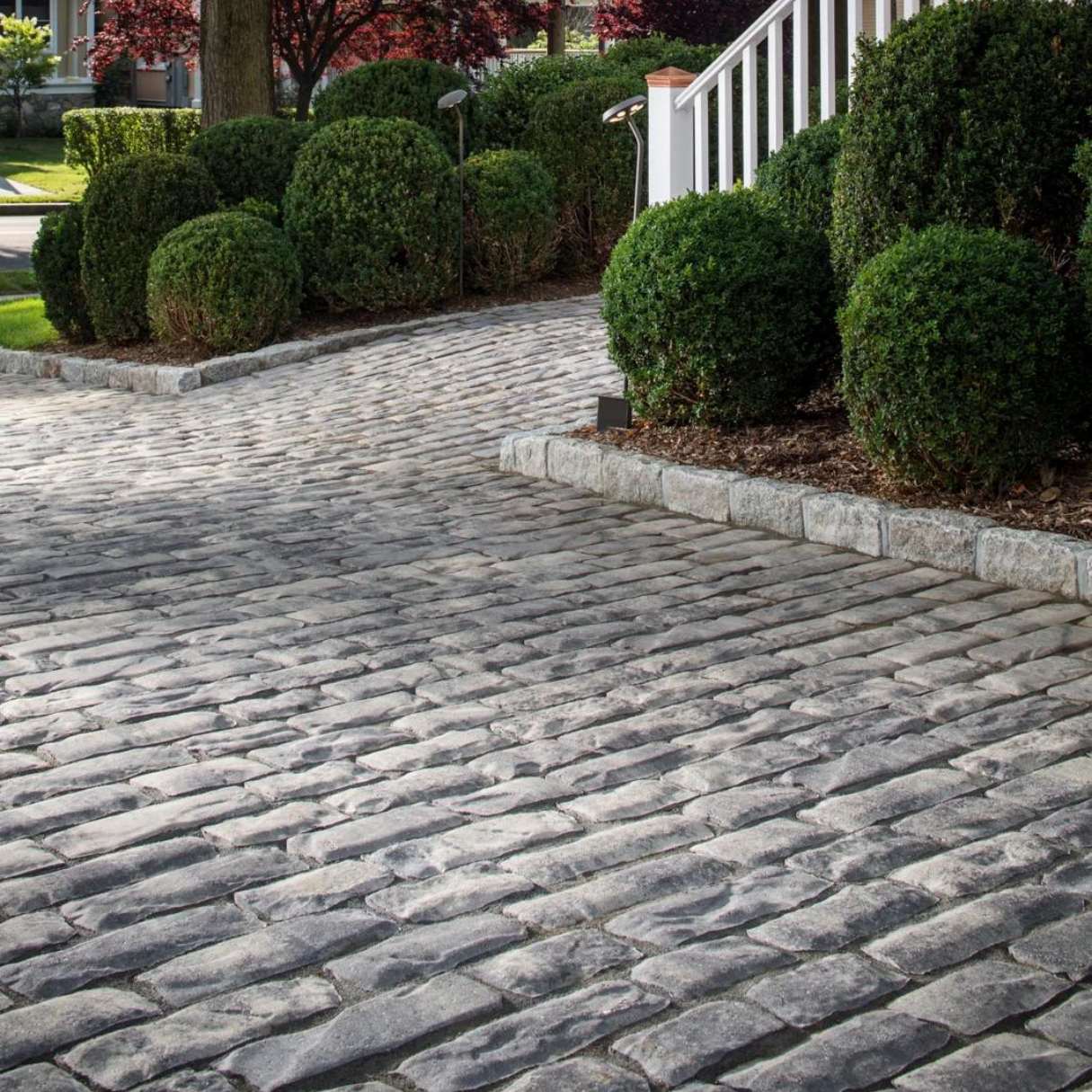

Articles
How Thick Are Driveway Pavers
Modified: December 7, 2023
Discover everything you need to know about driveway pavers with our comprehensive articles. Learn about the thickness of pavers and make the right choice for your project.
(Many of the links in this article redirect to a specific reviewed product. Your purchase of these products through affiliate links helps to generate commission for Storables.com, at no extra cost. Learn more)
Introduction
When it comes to creating a stunning and durable driveway, choosing the right pavers is crucial. Driveway pavers not only add aesthetic appeal to your property but also provide a strong and long-lasting surface. One important aspect to consider when selecting driveway pavers is their thickness. The thickness of pavers plays a vital role in determining their durability and ability to withstand the weight of vehicles.
In this article, we will explore the factors to consider when determining the thickness of driveway pavers. We will also discuss the standard thickness for driveway pavers and guide you on how to choose the right thickness for your specific needs. Additionally, we will examine the benefits and drawbacks of thicker driveway pavers, helping you make an informed decision for your driveway project.
So, if you’re ready to learn about the thickness of driveway pavers and how it can impact the longevity and performance of your pavement, let’s dive in!
Key Takeaways:
- Choose the right thickness for your driveway pavers by considering factors like traffic, climate, and intended use. Thicker pavers offer enhanced durability, stability, and resistance to freeze-thaw cycles, ensuring a long-lasting and visually appealing driveway.
- Thicker driveway pavers provide benefits such as increased strength, stability, and load-bearing capacity. However, consider potential drawbacks like higher cost and additional preparation. Consult with professionals to make an informed decision aligned with your project needs and budget.
Read more: How To Clean A Paver Driveway
What are driveway pavers?
Driveway pavers, also known as paving stones or brick pavers, are individual units made from various materials such as concrete, clay, or natural stone. These pavers are specially designed for use in driveways to create a solid and visually appealing surface. Unlike traditional concrete or asphalt driveways, which have a single continuous surface, driveway pavers are laid down individually, giving homeowners the ability to customize patterns, colors, and textures.
Driveway pavers offer numerous advantages over other types of driveway materials. Firstly, they are incredibly durable and can withstand heavy vehicle traffic, making them an ideal choice for driveways that experience high usage. Secondly, they are low maintenance and resistant to stains, which means they can maintain their appearance for many years with minimal effort. Additionally, driveway pavers are known for their versatility, as they come in a wide variety of shapes, sizes, and colors, allowing homeowners to create unique and visually appealing designs that complement the overall aesthetic of their property.
One of the key features that sets driveway pavers apart is their interlocking design. These pavers are designed in a way that allows them to fit together like puzzle pieces, creating a stable and cohesive surface. This interlocking mechanism adds strength and stability to the driveway, making it resistant to cracking and shifting under the weight of vehicles.
Overall, driveway pavers offer an attractive and durable solution for homeowners looking to enhance the curb appeal and functionality of their driveways. With their wide range of design options, strength, and longevity, they have become a popular choice for homeowners seeking a high-quality, long-lasting driveway surface.
Importance of paver thickness
The thickness of driveway pavers is a critical factor that directly impacts their durability and ability to withstand the weight and pressure of vehicles. Choosing the right paver thickness is essential to ensure a long-lasting and structurally sound driveway. Here are some key reasons why the thickness of driveway pavers is important:
- Strength and Durability: The thickness of pavers determines their strength and ability to withstand heavy loads. Thicker pavers are generally more resistant to cracking and breaking under the weight of vehicles, ensuring a durable and long-lasting driveway.
- Stability: A thicker paver provides greater stability to the driveway surface. It helps prevent the pavers from shifting or settling, resulting in a more even and stable pavement. This is especially important in areas with high traffic or where heavy vehicles are parked frequently.
- Load-Bearing Capacity: Different vehicles exert different levels of weight and pressure on the driveway surface. Thicker pavers have a higher load-bearing capacity, meaning they can withstand heavier vehicles without experiencing damage or deformation. Choosing the right paver thickness ensures that your driveway can accommodate the specific weight requirements of your vehicles.
- Resistance to Frost and Freezing: In regions with freezing temperatures, the thickness of driveway pavers can play a crucial role in preventing damage caused by frost heave. Thicker pavers are less prone to cracking or lifting due to the freeze-thaw cycle, offering greater resistance and longevity in such conditions.
- Long-Term Cost Savings: Investing in thicker driveway pavers may require a higher upfront cost, but it can save you money in the long run. Thicker pavers are less likely to require frequent repairs or replacements, reducing maintenance and replacement costs over time.
Considering the importance of paver thickness in ensuring a strong, stable, and durable driveway, it is crucial to carefully assess your specific needs and requirements before selecting the appropriate paver thickness. Factors such as expected traffic, vehicle weight, climate, and personal preferences should all be taken into account to make an informed decision.
Factors to consider for paver thickness
Choosing the right thickness for your driveway pavers is crucial to ensure a durable and long-lasting pavement. Several factors should be taken into consideration when determining the appropriate paver thickness for your specific needs. Here are some important factors to consider:
- Expected Traffic: Consider the amount and type of traffic your driveway will experience. If you have multiple vehicles or heavy vehicles such as SUVs or trucks, thicker pavers would be more suitable to withstand the weight and pressure.
- Climate: The climate in your area plays a significant role in paver thickness selection. In regions with freeze-thaw cycles, thicker pavers are recommended to prevent cracking and damage caused by temperature fluctuations. Additionally, areas with high rainfall or frequent exposure to moisture may benefit from thicker pavers, as they offer better water resistance.
- Subgrade Stability: Assess the stability and condition of the subgrade, which is the soil or base under the pavers. If you have unstable or weak soil, thicker pavers can compensate for the lack of subgrade support and provide a more stable surface.
- Intended Use: Consider the purpose of your driveway. If you plan to use it for more than just parking vehicles, such as hosting outdoor gatherings or recreational activities, thicker pavers can handle the added stress and provide a sturdy surface.
- Design Considerations: The type of paver design or pattern you choose can impact the required thickness. Intricate designs or patterns with smaller paver units may require a slightly thicker paver to maintain structural integrity.
It is important to note that the factors mentioned above are not mutually exclusive, and multiple factors may influence the appropriate paver thickness for your project. It is highly recommended to consult with a professional paver installer or engineer who can assess your specific circumstances and provide expert guidance on selecting the ideal paver thickness.
By considering these factors and taking a well-informed approach, you can ensure that your driveway pavers are of the right thickness to withstand the anticipated usage, climate conditions, and other variables, resulting in a durable and aesthetically pleasing driveway.
Standard thickness for driveway pavers
Driveway pavers are available in various thicknesses, and the appropriate thickness for your project depends on several factors. However, there are some standard guidelines that can serve as a starting point when determining the thickness of driveway pavers:
- Concrete Pavers: The standard thickness for concrete driveway pavers is typically 2 3/8 inches (60mm) or 3 1/8 inches (80mm). These thicknesses offer sufficient strength and durability to withstand regular vehicle traffic.
- Clay Pavers: Clay driveway pavers often come in a standard thickness of 2 3/4 inches (70mm) or 3 1/8 inches (80mm). These thicker pavers provide the necessary strength to endure heavy loads and offer long-lasting performance.
- Natural Stone Pavers: Natural stone pavers, such as granite, travertine, or bluestone, can vary in thickness depending on the specific type and grade of the stone. Typically, natural stone driveway pavers have a thickness ranging from 1 1/4 inches (30mm) to 3 inches (75mm). It is essential to consult with the manufacturer or supplier to determine the appropriate thickness for the specific type of natural stone you choose.
These standard thicknesses are commonly used for residential driveways but may vary based on geographical location, climate, and customized requirements. It is important to remember that these guidelines serve as a starting point, and it is recommended to consult with a professional paver installer or engineer to determine the optimal thickness based on your specific project needs.
It is worth noting that thicker pavers offer increased durability and strength, especially for driveways that experience heavy traffic or have larger vehicles. However, thicker pavers may require additional preparation and installation efforts to ensure proper stability and support.
Ultimately, the standard thickness of driveway pavers provides a reliable benchmark from which to assess your project requirements. By considering factors such as expected traffic, climate conditions, and other variables, you can make an informed decision and select the appropriate thickness that will withstand the test of time for your driveway.
When choosing driveway pavers, consider a thickness of at least 2 3/8 inches for standard vehicular traffic. Thicker pavers may be needed for heavier vehicles or high-traffic areas.
Read more: How To Install Driveway Pavers
How to choose the right thickness for your driveway pavers
Choosing the right thickness for your driveway pavers is crucial to ensure a durable and long-lasting pavement. Here are some key steps to help you determine the appropriate paver thickness for your specific needs:
- Evaluate Expected Traffic: Assess the amount and type of traffic your driveway will experience. Consider the number of vehicles, their weight, and frequency of use. If you anticipate heavy traffic or have larger vehicles such as trucks or SUVs, thicker pavers would be more suitable to withstand the weight and pressure.
- Consider Climate Conditions: Take into account the climate in your area. If you live in regions with freeze-thaw cycles, where temperatures can fluctuate below freezing, thicker pavers are recommended to prevent cracking and damage caused by temperature changes. Additionally, areas with high rainfall or frequent exposure to moisture may benefit from thicker pavers that offer better water resistance.
- Assess Subgrade Stability: Evaluate the stability and condition of the subgrade, which is the soil or base under the pavers. If you have unstable or weak soil, thicker pavers can compensate for the lack of subgrade support and provide a more stable surface.
- Consider Intended Use: Think about how you plan to use your driveway. If you will be using it for more than just parking vehicles, such as hosting outdoor gatherings or indulging in recreational activities, thicker pavers can handle the additional stress and provide a sturdy surface.
- Consult with Professionals: It is highly recommended to consult with a professional paver installer or engineer. They have the expertise to assess your specific circumstances and provide guidance on selecting the ideal paver thickness. They will consider factors such as site conditions, local regulations, and your specific requirements to recommend the most appropriate thickness.
By carefully considering these steps, you can make an informed decision and choose the right thickness for your driveway pavers. Keep in mind that investing in thicker pavers may require a slightly higher upfront cost, but it can save you money in the long run by reducing the need for frequent repairs or replacements.
Remember, selecting the appropriate thickness for your driveway pavers is crucial for ensuring a solid and long-lasting pavement that can withstand the anticipated usage, climate conditions, and other variables. Taking the time to evaluate these factors and seeking professional advice will help you make the best choice for your specific project.
Benefits of thicker driveway pavers
Opting for thicker driveway pavers offers several benefits that contribute to the longevity, durability, and performance of your driveway. Here are some key advantages of choosing thicker pavers:
- Enhanced Strength and Durability: Thicker pavers are inherently stronger and more resilient than their thinner counterparts. They have the ability to withstand heavier loads and resist cracking or breaking under the weight of vehicles. This added strength ensures a durable and long-lasting driveway surface.
- Improved Stability: Thicker pavers provide greater stability to the driveway surface. With their increased thickness, they are less likely to shift or settle over time. This stability ensures an even and level pavement, preventing tripping hazards and maintaining a smooth surface for vehicle movement.
- Higher Load-Bearing Capacity: Thicker pavers have a higher load-bearing capacity, enabling them to endure heavier vehicles without experiencing damage or deformation. If you frequently park larger vehicles like trucks or SUVs in your driveway, thicker pavers can accommodate their weight and prevent any structural issues.
- Better Resistance to Freeze and Thaw: In regions with freezing temperatures, thicker pavers are more resistant to damage caused by the freeze-thaw cycle. They have the ability to withstand the expansion and contraction that occurs when water freezes and thaws, minimizing the risk of cracking or lifting, and ensuring the longevity of the driveway.
- Reduced Maintenance: Thicker pavers generally require less maintenance compared to thinner ones. They have a higher tolerance for wear and tear, requiring fewer repairs or replacements over time. This reduces the need for frequent maintenance, saving you time and money in the long run.
- Enhanced Aesthetic Appeal: Thicker pavers can add a more substantial and visually appealing look to your driveway. With their larger profiles, they create a statement and can elevate the overall aesthetic of your property. Thicker pavers provide a premium and high-end appearance that can increase the curb appeal and value of your home.
By opting for thicker driveway pavers, you can enjoy these benefits that contribute to a stronger, more durable, and visually appealing driveway. However, it is important to consider the specific requirements of your project, including traffic patterns, climate conditions, and budget, to determine the most suitable paver thickness for your needs.
Drawbacks of thicker driveway pavers
While thicker driveway pavers offer numerous benefits, it is important to consider some potential drawbacks before making a final decision. Here are a few drawbacks to keep in mind:
- Higher Cost: Thicker pavers typically come at a higher cost compared to thinner ones. The increased material thickness and weight contribute to higher production and transportation costs. This can impact the overall budget of your driveway project.
- Additional Preparation: Thicker pavers may require additional preparation during the installation process. The subgrade may need to be properly compacted and reinforced to provide adequate support for the thicker pavers. This extra preparation can add time and cost to the installation.
- Availability and Selection: Thicker pavers may have limited availability compared to thinner options. Not all manufacturers offer a wide range of colors, styles, and patterns in thicker paver options. This could limit your selection and design choices for your driveway.
- Weight and Handling: Thicker pavers are heavier and more cumbersome to handle compared to thinner ones. This can pose challenges during installation, as they may require more labor or equipment to lift and place. It is important to determine if your contractor has the necessary tools and expertise to handle the thicker pavers.
- Compatibility with Existing Surfaces: If you plan to install thicker pavers on an existing driveway or adjacent to other surfaces, such as pathways or patios, the difference in thickness can create a height disparity. This may require additional modifications or transitions to ensure a seamless and level transition between different surfaces.
While these drawbacks should be taken into consideration, they are not necessarily deal-breakers. The decision to opt for thicker driveway pavers depends on your specific needs, budget, and preferences. It is advisable to weigh the potential drawbacks against the benefits of thicker pavers to make an informed choice that aligns with your priorities and goals.
Ultimately, consulting with a professional paver installer or contractor can provide valuable insights and guidance specific to your project. They can help you navigate the potential drawbacks and determine the most suitable paver thickness for your driveway, ensuring a successful and satisfactory outcome.
Conclusion
Choosing the right thickness for your driveway pavers is a crucial decision that directly impacts the durability, stability, and performance of your pavement. While there are standard guidelines for paver thickness, it is important to consider various factors such as expected traffic, climate conditions, and personal preferences to determine the most suitable option for your specific needs.
Thicker driveway pavers offer numerous benefits, including enhanced strength, improved stability, higher load-bearing capacity, better resistance to freeze and thaw cycles, reduced maintenance, and an elevated aesthetic appeal. These advantages contribute to a long-lasting and visually appealing driveway that can withstand the test of time.
However, it is important to be aware of potential drawbacks, such as higher cost, additional preparation requirements, limited selection, and increased weight. Balancing the benefits against the drawbacks is essential in making an informed decision that aligns with your budget, design goals, and specific project requirements.
Consulting with a professional paver installer or engineer is highly recommended to assess your unique circumstances and provide expert guidance on selecting the ideal paver thickness for your driveway. They can evaluate factors such as traffic patterns, climate conditions, and subgrade stability to help you make the best choice and ensure a successful installation.
In conclusion, by carefully considering the factors discussed in this article and seeking professional advice, you can choose the right thickness for your driveway pavers to create a durable, visually appealing, and long-lasting pavement that complements your property and withstands the rigors of daily use.
Frequently Asked Questions about How Thick Are Driveway Pavers
Was this page helpful?
At Storables.com, we guarantee accurate and reliable information. Our content, validated by Expert Board Contributors, is crafted following stringent Editorial Policies. We're committed to providing you with well-researched, expert-backed insights for all your informational needs.

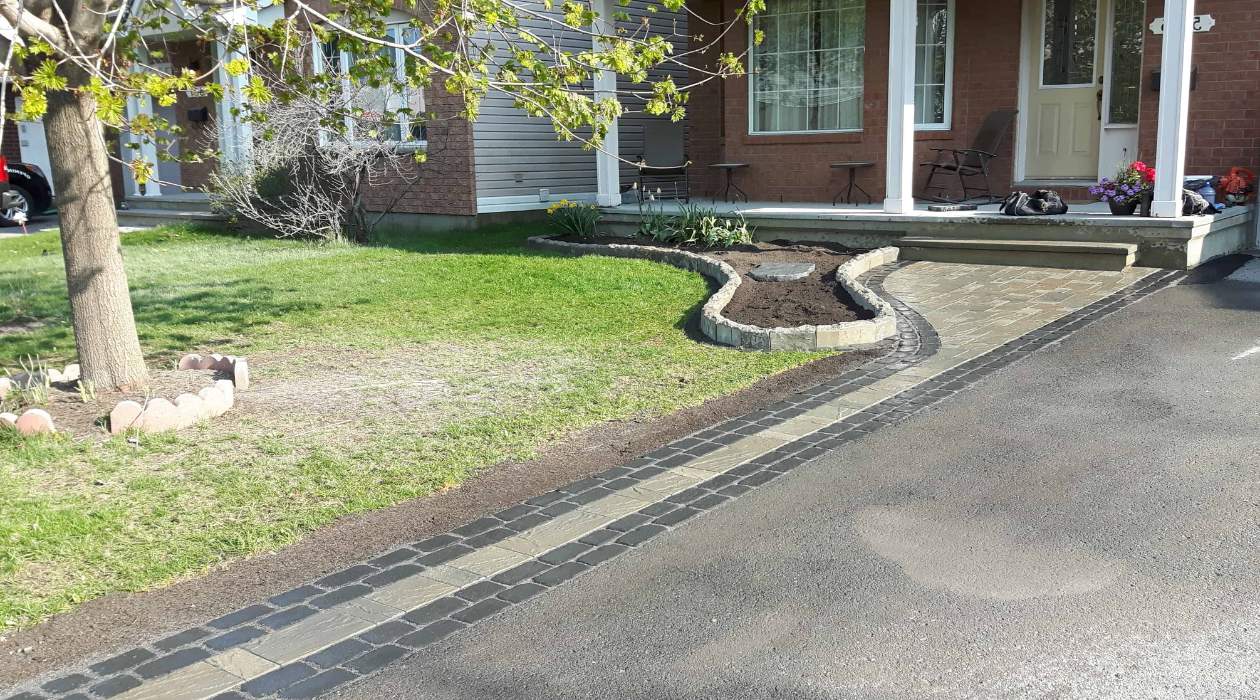
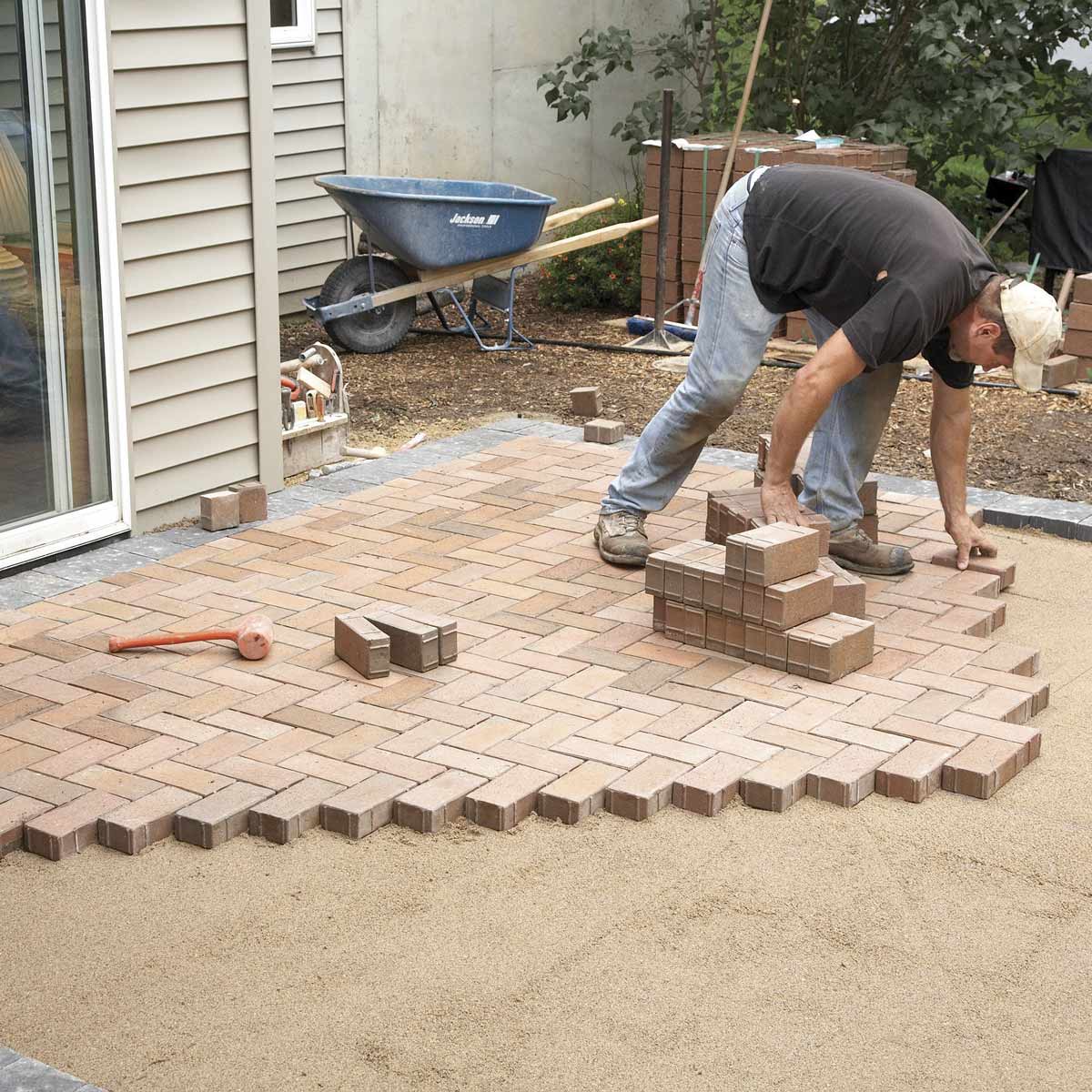
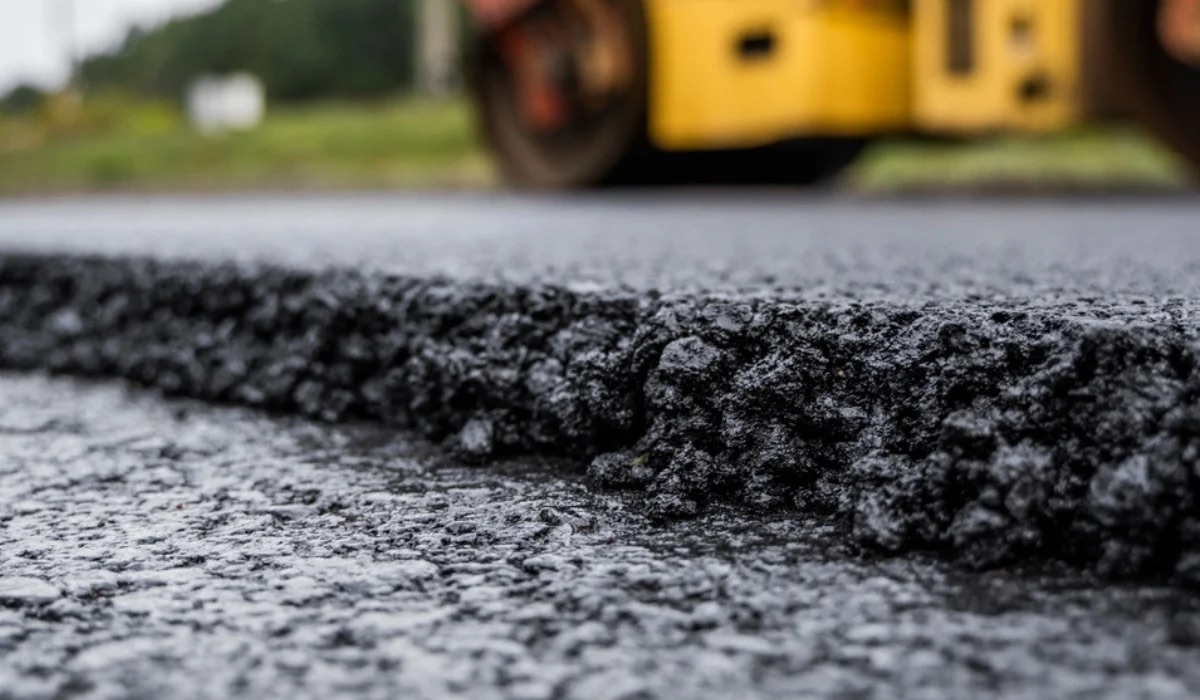

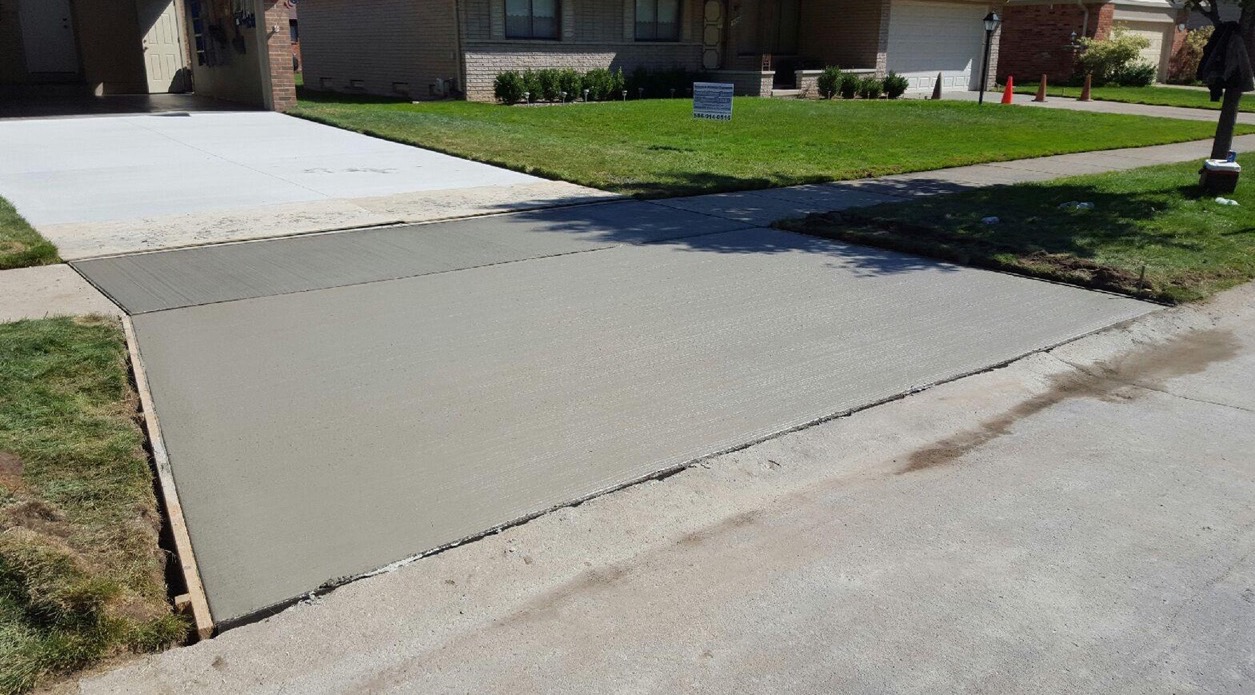

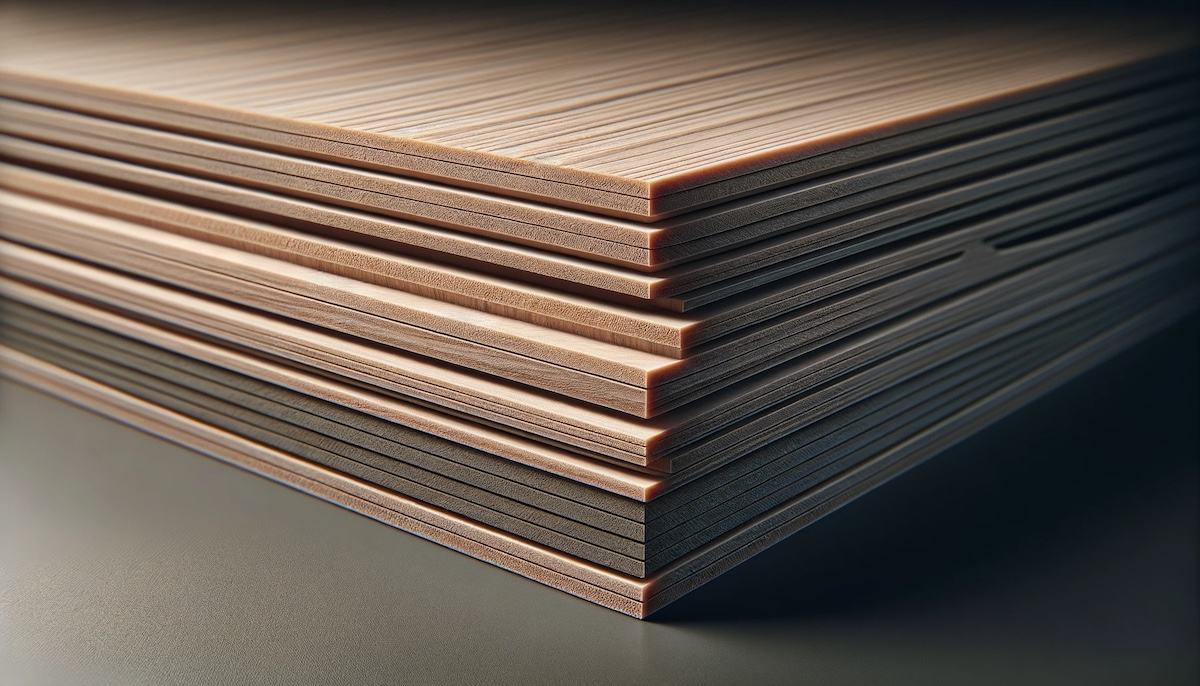
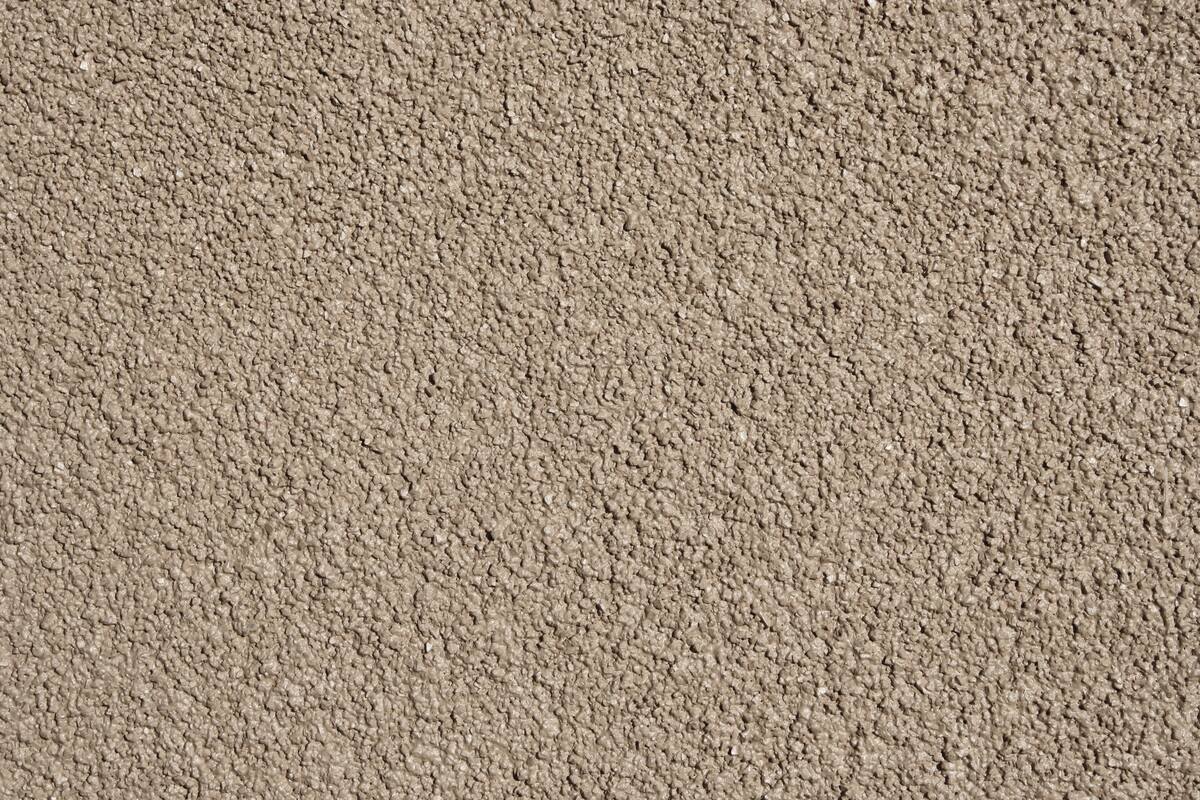
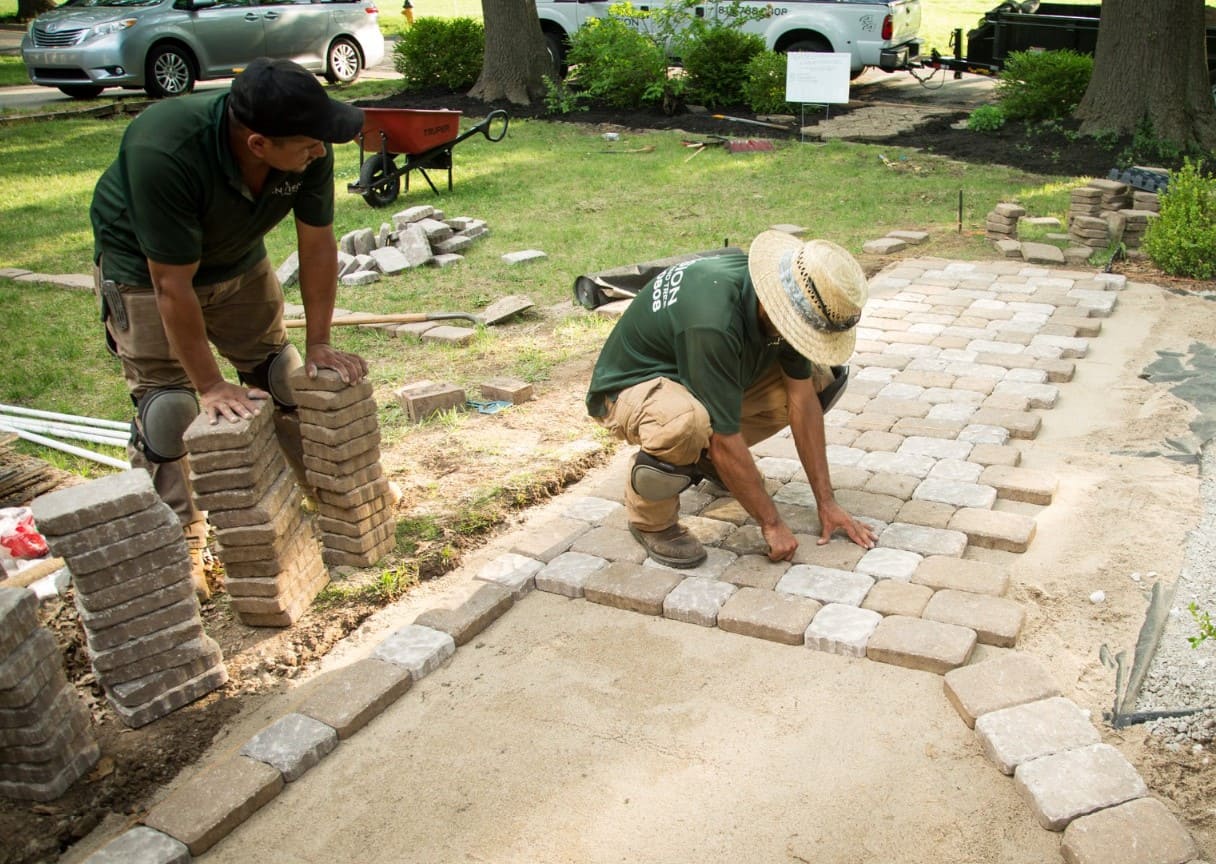
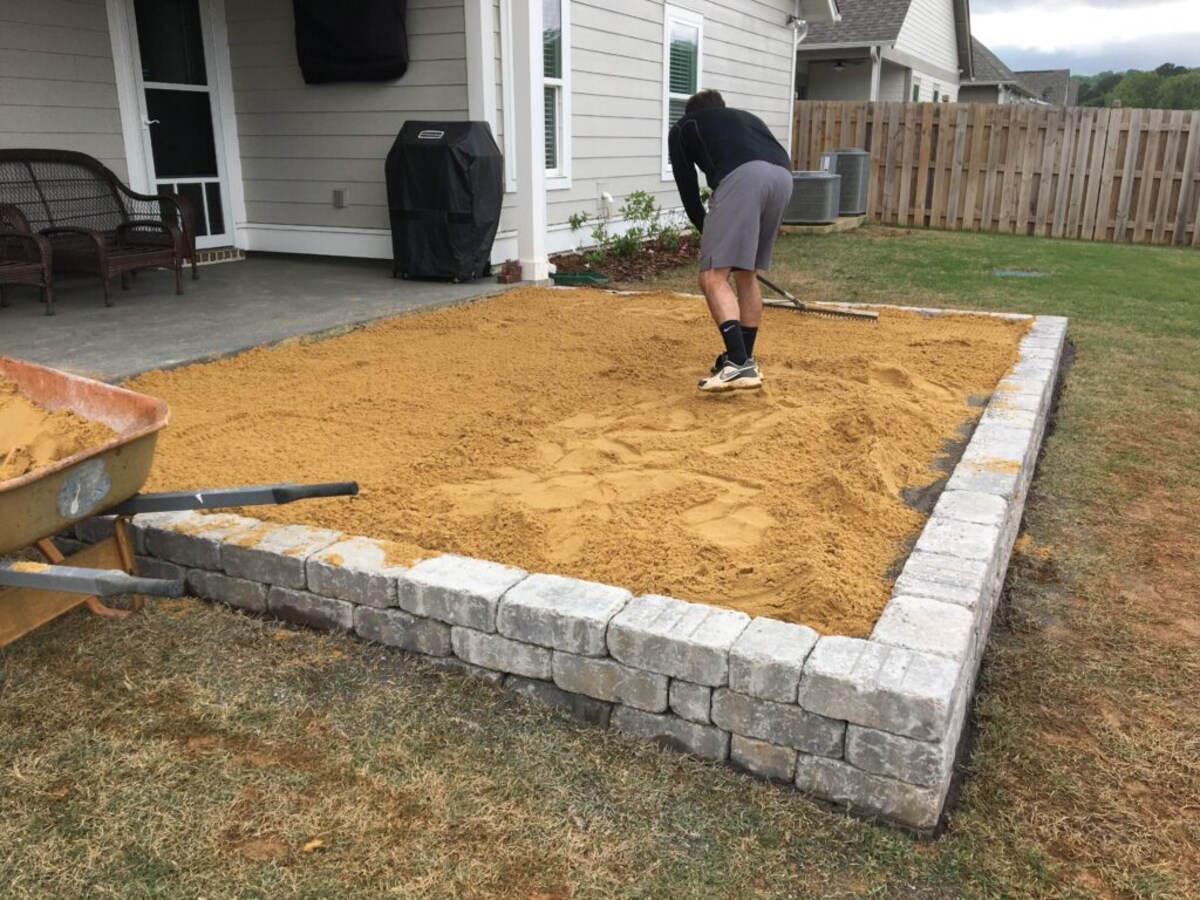
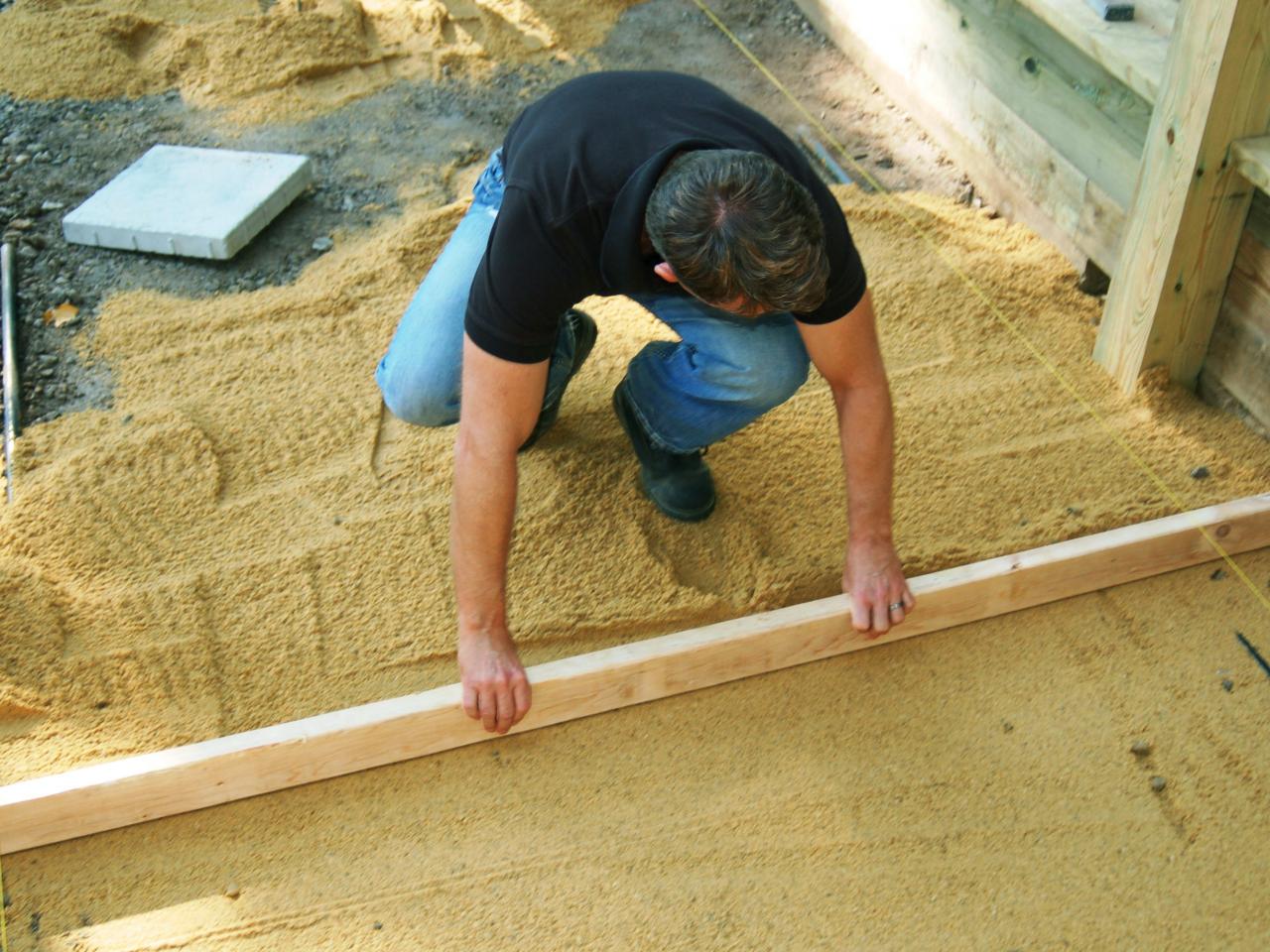
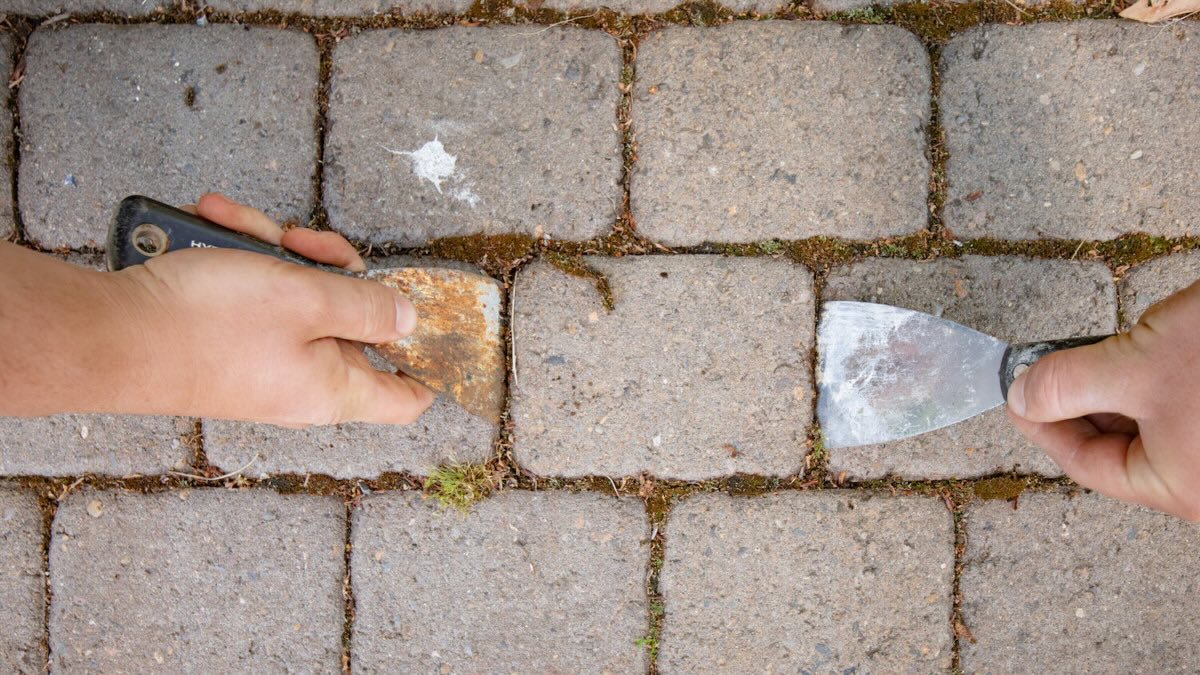
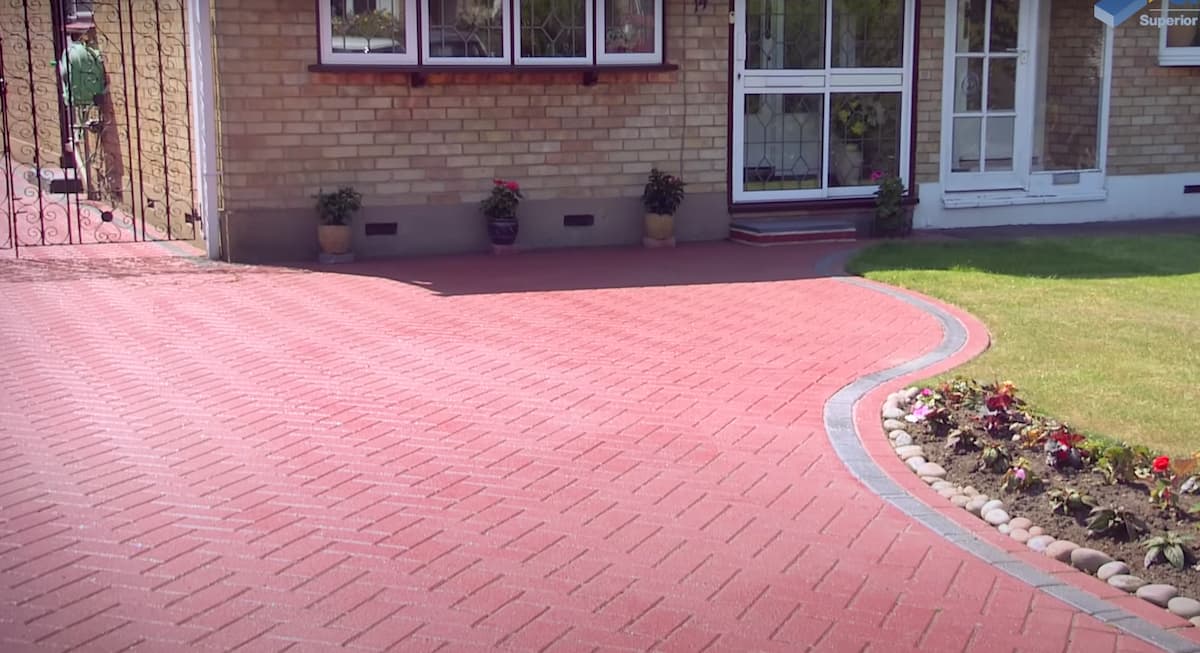

0 thoughts on “How Thick Are Driveway Pavers”